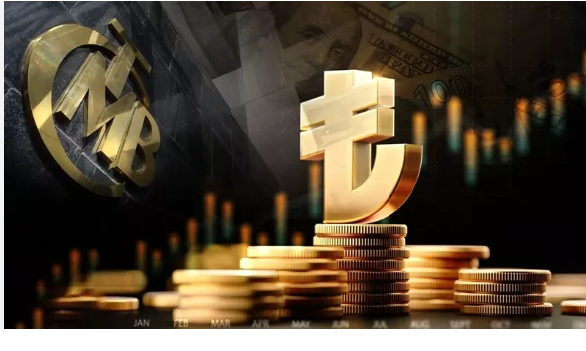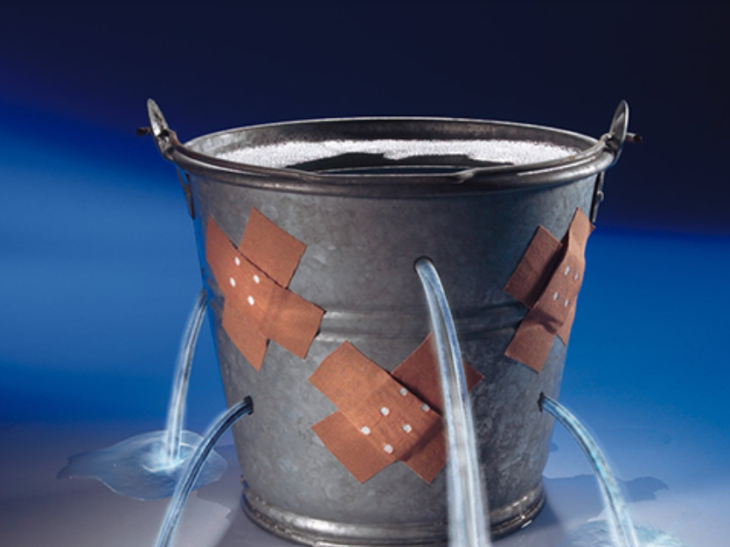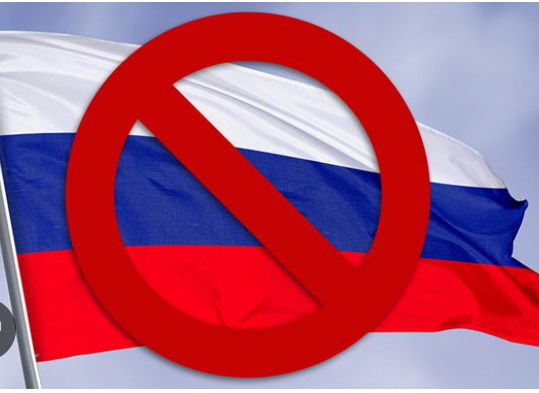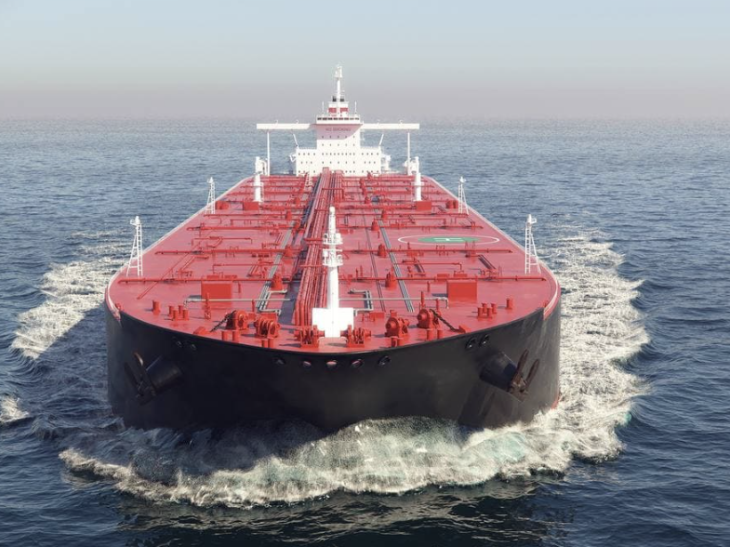It was one of those fateful moments. Turkey had caught excellent momentum in terms of attracting investment to Turkey and improving our credit rating. You could even say Trump did us a favor with the tariff exemptions. Summer is around the corner, and the Central Bank of Turkey (CBRT) can maintain its strong Turkish lira policy at least until the winter. Energy prices are rapidly falling. Stocks and bonds remain cheap. We will see a notable slowdown in inflation throughout the year. And for those who like to dream a bit bigger:
- Friendship with Trump could turn into direct investment from the U.S.,
- The EU, wanting to keep Turkey on its side against Russia, might give the green light to renewed Customs Union negotiations, and finally,
- The reconstruction opportunities in Ukraine, Syria, and maybe Gaza, reflecting to faster exports, could easily be marketed to foreign investors, as well as improve the composition of growth.
Alas, Erdoğan couldn’t wait.
With extremely rushed moves no one can quite explain the timing of which, İmamoğlu was abruptly detained. The massive protests that followed echoed against us across the world. Rightfully spooked, the public rushed to foreign currencies. That’s how you ruin a golden opportunity.
[embed]https://www.youtube.com/watch?v=FcH7APGASQk&t=695s[/embed]
Many of my colleagues interpreting these developments claim that the political crisis has also brought an end to Mehmet Şimşek’s Economic Stabilization Program, and that we are heading straight into an economic crisis. I strongly disagree.
To truly predict what will happen in the economy and markets—rather than just comment on current events—we need to break things down into three parts:
Political Crisis
This is the worst crisis since the Erdoğan–Gülen fallout. And it’s going to get worse. I'm certain Erdoğan, when given the chance, will appoint a trustee to the CHP and Istanbul municipality. If street protests continue, security forces will respond with more brutal force. Let me save the full extent of the political crisis for another article, but I do agree with my economist peers on this: Turkey will wake up to a new shock each day which is “not good for the economy”.
Economic Shock
It’s certain that the political crisis will cause a shocks in the economy. But we can’t yet quantify its direction, scale or duration. One thing is certain: under such uncertainty, the business world won’t make fixed capital investments. The rest is a bit speculative.
MAYBE households will also delay spending on housing, cars, and similar big purchases, thinking “let’s wait and see.” Let’s focus on this scenario for a moment, because it implies a slowdown in domestic demand—which in turn eases inflationary pressures.
See? Even though the political outlook augurs bleak, we can’t automatically conclude that it will lead to disastrous economic outcomes.
The reverse may also happen. If mass protests continue through the summer, Erdoğan may try to appease public anger by ordering mid-year hikes to the minimum wage and pensions, giving another leg up to inflation. CBRT’s next move is also a question mark. Since the start of the political crisis, Erdoğan, Şimşek, and CBRT Governor Karahan have repeatedly emphasized that in order to neutralize the effects of political shocks on the currency and inflation, the “independent” CBRT might pause monetary easing at its April and June meetings. That would make at least a modest contribution to fighting inflation.
There are also external factors that make it hard to predict how the political shock will impact the economy. First: energy prices are falling to levels that significantly help both inflation and the current account deficit. I think Brent crude will stay in the $65–70 range throughout the year, providing some economic relief.
Most importantly: tourism flows. We don’t yet know how much Erdoğan’s despotic turn will affect foreigners' willingness to travel to Turkey. Some might cancel their bookings. But unless there’s bloodshed on the streets, most probably won’t care.
Setting aside the known unknowns, I predict the political crisis will have only limited economic impact—at least through spring, summer, and fall.
Market Panic
Given how severe the political developments are, it’s natural for markets to have a nervous breakdown. But should everyone flee to foreign currency, abandon the stock market, and dump the lira? That’s the key question. If we believe that thesis, then the markets will negatively affect the real economy.
There are many questions I can’t answer when it comes to the economy. Frankly, I don’t think any economist can. But I am 100% certain of this: the market panic will not last. The reason is simple: strong Turkish lira policy.
The CBRT has lost nearly $25 billion in reserves by my rough estimate, it has more than $100 bn to burn, if needed. But nearly all the hot money has already left. Had Turkey faced this political earthquake with $100 billion in foreign positions, CBRT would have lost control of the exchange rate. But that’s not the case.
Even if citizens prefer to hold foreign currency over the summer, CBRT can still steer the lira. Why? Again, very simple:
There’s a big difference between switching from lira to dollars versus pulling money out of the banking system entirely. We saw this during the Berat Albayrak and “interest is a sin” era. As long as money stays within the system, it doesn’t matter whether it’s held in lira or dollars. Banks swap excess foreign currency with CBRT, which can then intervene in the market as needed.
I don’t see a scenario where the public pulls money from banks and hides it under the mattress. As I explained above, I’m not 100% sure, but likely the low energy prices will significantly slow capital flight, while tourism revenues will refill CBRT’s reserves.
If we solve the equation this way, it’s not hard to imagine that opportunistic foreign funds might soon flock back to Turkey.
Ordinary citizens, meanwhile, might hold on to foreign currency for a month or two amid high inflation, then switch back to lira—because staying in FX long-term is just too costly.
In the end, markets play a crucial role in balancing or disrupting the link between political crises and economic shocks.
And I believe they will soon stabilize.
Everything I’ve said holds until November. When tourist revenues dry up in winter, the global outlook—currently too unpredictable—could turn against us. Domestic political crises might also be compounded by external shocks like the failure of the peace process, a conflict with Israel in Syria, or a falling-out with Trump.
But in a country where the average deposit maturity is 1.5 months, November is too far away to worry about just yet.
IMPORTANT DİSCLOSURE: PA Turkey intends to inform Turkey watchers with diverse views and opinions. Articles in our website may not necessarily represent the view of our editorial board or count as endorsement.
Follow our English language YouTube videos @ REAL TURKEY:
https://www.youtube.com/channel/UCKpFJB4GFiNkhmpVZQ_d9Rg
And content at Twitter: @AtillaEng
 fasit daire
fasit daire






